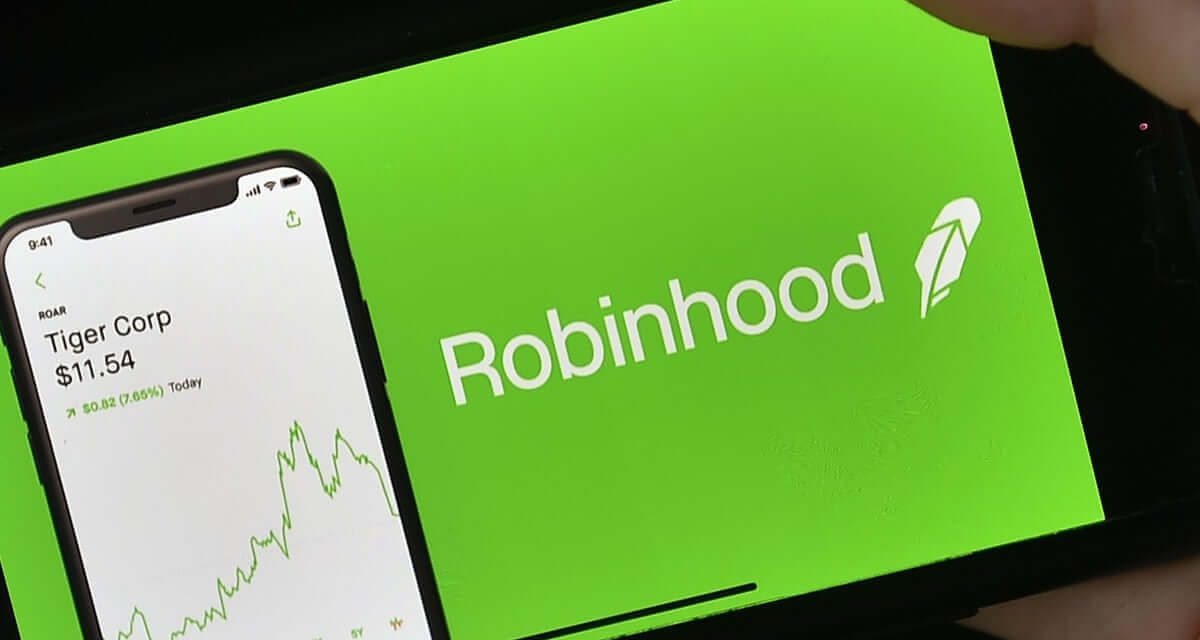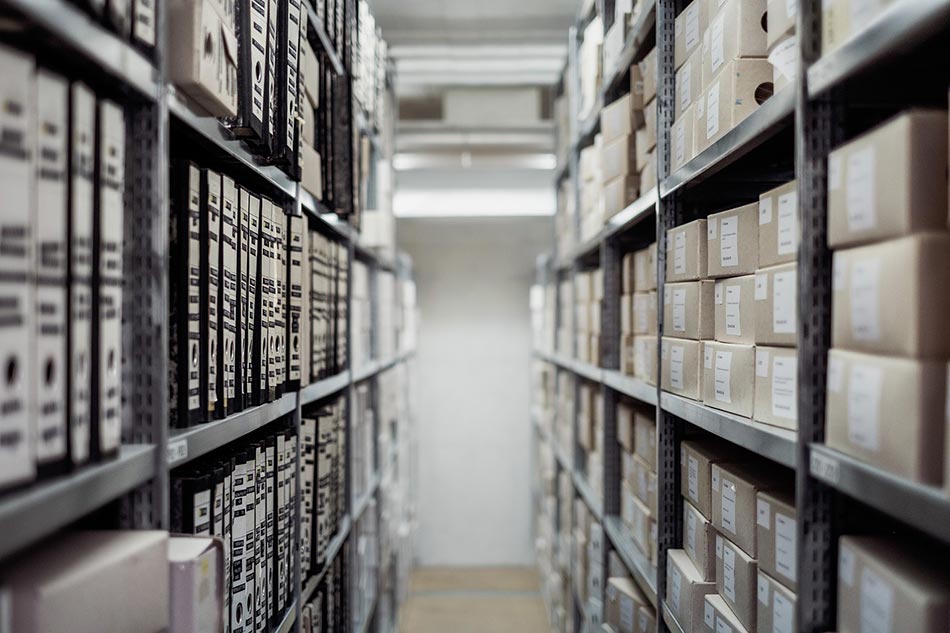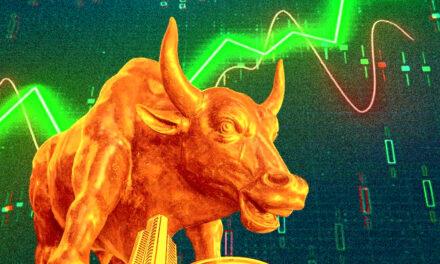It’s a company known for bucking trends in the corporate scene, but fintech company Robinhood is raising eyebrows yet again by offering a sizable portion of its initial public offering to ordinary investors.
Users currently on the Robinhood trading app were offered the opportunity to purchase up to a third of the company’s shares even before it began trading on the Nasdaq big board on Thursday, July 29th. This gave potential investors a strong advantage in the event that share prices shot up when Robinhood started trading.
The company has also made hopping onto the investment bandwagon easier for its users with the launch of IPO Access. IPO Access is a platform where users can get first dibs on upcoming IPOs. The service debuted in May 2021.
This flies in the face of convention, as most companies up for an IPO only offer the privilege to either industry insiders or institutional investors.
Not Without Risk
However, this early offer is not entirely without risk to the company, particularly in light of the fact that shares are being offered through its trading platform. According to Renaissance Capital’s senior IPO market strategist Matt Kennedy, there is a reason why companies only offer pre-IPO shares to insiders.
“Retail traders have a reputation for flipping [for quick profits,]” he says of ordinary investors. “[Offering shares to them before the debut] could result in higher volatility.”
The company may have found a way to circumvent flipping, though. Robinhood has warned users that those who sell their shares within 30 days of the offer are barred from buying shares in other IPOs within a 60-day period.
According to documents filed with the US Securities and Exchange Commission, Robinhood offered up to $770 million worth of shares to customers, a number based on an initial price of $40 per share. The company’s market valuation was initially pegged at $ 35 billion.
Not the First, But Not the Last
As unusual as Robinhood’s pre-IPO offer may seem, it isn’t anything new.
Not too long ago, ride-hailing companies Lyft and Uber gave their drivers the opportunity to buy shares prior to their respective IPOs. The same tactic was applied by ecommerce hub Etsy in April 2015, pegging its initial price at $16 and raising $267 million when it debuted.
Over the past 20 years, the average American IPO can return up to 14.5% from its offer price on its first day of trading. Today, it can go as high as 34%; on average, first-day returns are usually 25% from the initial price.















